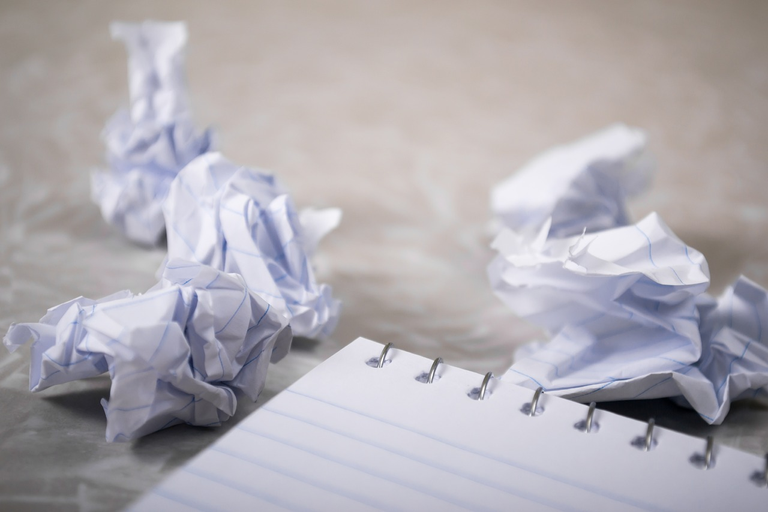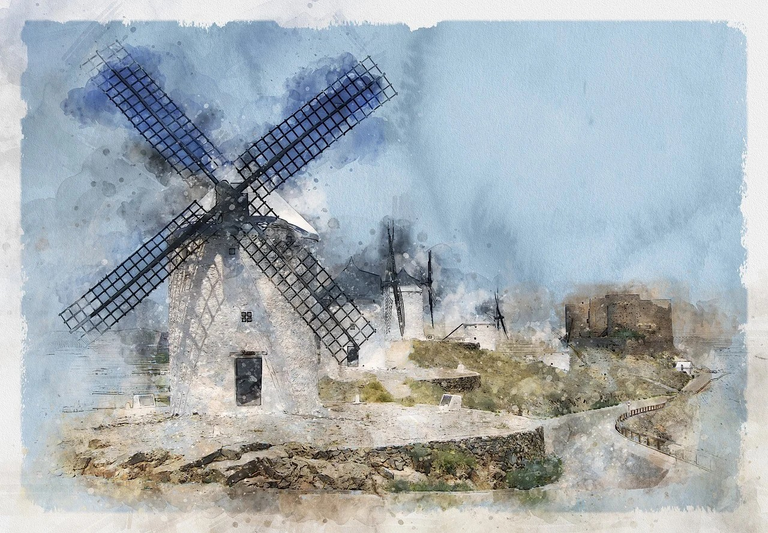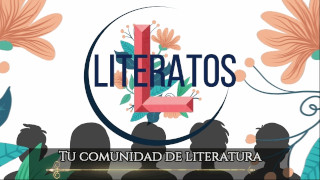Empezar un poema no es fácil. Iniciar con eso que llaman «la palabras justa». Saber cuál es la siguiente y escoger la forma.
No es fácil escribir un poema. Es más fácil sentirlo. Nunca encuentro la palabra trascendental, y tal vez por eso escribo. A pesar de la frustración, escribo. Porque imaginar lo que que quieres decir y no poder decirlo y decir otra cosa a lo que querías decir al principio es tratar de buscar el oro al final del arcoiris.
Decir, hablar, pensar,crear, prestidigitar... Todo lo relacionado con el «hacer de la palabra». Leerte los diez mil libros de teoría literaria, sobre composición poética y manuales de escritura creativa para tratar de comprender lo etéreo y efímero, pero a la misma vez eterno.
Tratar de explicar la sensación que tienes cuando escribes, cuando dices que te abstraes de todo pero en realidad es una lucha contra ti mismo, contra la hoja en blanco y las palabras. Esos son los verdaderos molinos de viento de quien escribe.
¿Quién puede pensar en una mayor confrontación que la que hay entre quien lee y escribe? Uno escribe en solitario, el otro Lee en solitario. El que escribe piensa que pudo haberlo hecho mejor. El que lee piensa, tal vez piensa, que el texto es perfecto, con las palabras justas y adecuadas.
El que escribe se cansa y renuncia la mayor de las veces, aunque reincide porque no puede dejarlo. Porque escribir es la mayor posesión que tiene y sabe que en realidad no le pertenece, que no es dueño de lo que hace.
Por eso vuelve una y otra vez a su lucha interna, contra esos molinos gigantes y trata de vencerlos,siendo apaleado a veces, obteniendo pequeños triunfos, tal como ese hombre en un traje destartalado, que insiste una y otra vez porque sabe que, tarde o temprano, será recompensado.
Wind mills
Starting a poem is not easy. Start with what they call "just the right words". Knowing what's next and choosing the form.
It is not easy to write a poem. It is easier to feel it. I never find the transcendental word, and maybe that's why I write. Despite the frustration, I write. Because imagining what you want to say and not being able to say it and saying something other than what you wanted to say at the beginning is trying to look for the gold at the end of the rainbow.
To say, to speak, to think, to create, to conjure... Everything related to the "making of the word". To read ten thousand books on literary theory, on poetic composition and creative writing manuals to try to understand the ethereal and ephemeral, but at the same time eternal.
Trying to explain the feeling you get when you write, when you say you abstract from everything but in reality it is a struggle against yourself, against the blank page and the words. Those are the real windmills of those who write.
Who can think of a greater confrontation than the one between those who read and those who write? One writes alone, the other reads alone. The one who writes thinks he could have done better. The one who reads thinks, perhaps thinks, that the text is perfect, with just the right words.
He who writes gets tired and gives up most of the time, although he relapses because he can't give it up. Because writing is the greatest possession he has and he knows that in reality it does not belong to him, that he does not own what he does.
That is why he returns again and again to his internal struggle, against those giant windmills and tries to defeat them, being beaten sometimes, obtaining small triumphs, just like that man in a shabby suit, who insists again and again because he knows that, sooner or later, he will be rewarded.
Translated with DeepL.com (free version)



